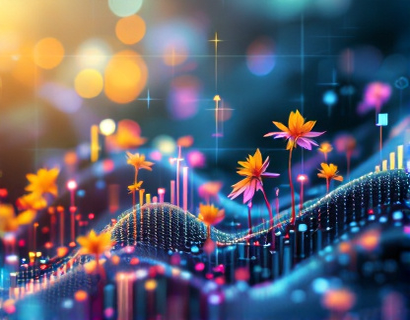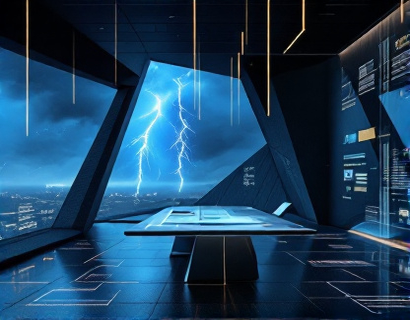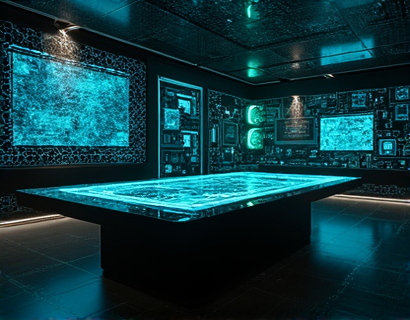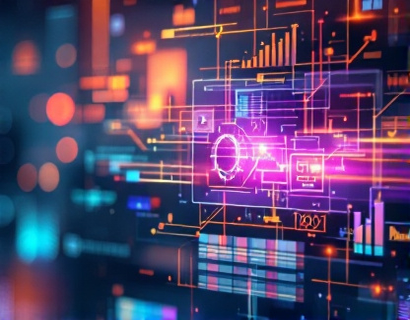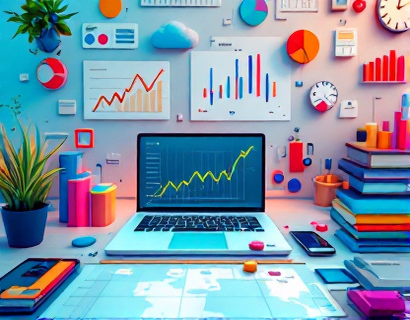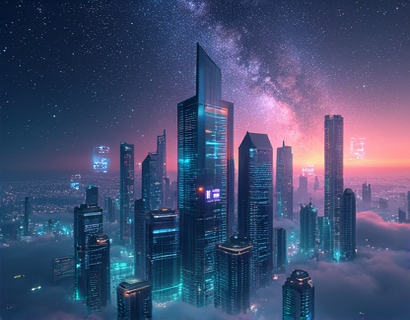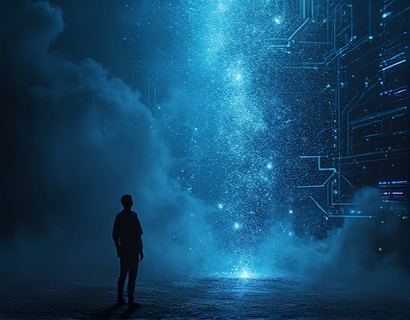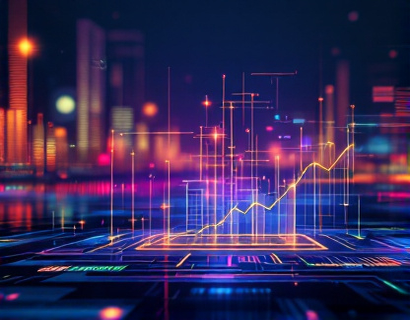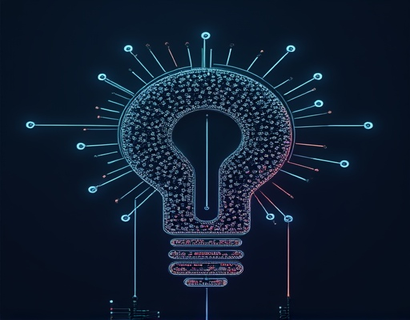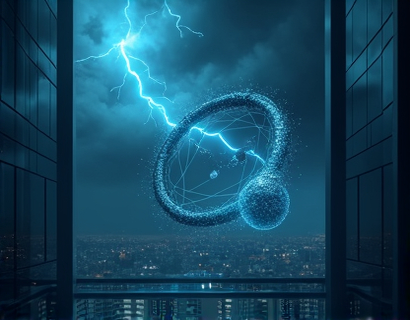Unlocking Musical Innovation: Harnessing AI for Advanced Composition and Production
The music industry is at a pivotal moment, where technology and creativity intersect to redefine the boundaries of musical expression. The integration of Artificial Intelligence (AI) in music composition and production has opened new avenues for artists, offering tools that streamline the creative process and enhance the quality of sound. This article delves into the transformative power of AI in music, exploring how advanced software empowers both professional artists and emerging creators to unlock their full artistic potential.
The Evolution of Music Production
Music production has undergone significant changes over the decades, from the analog days of tape machines and studio sessions to the digital revolution of the 1990s and beyond. The advent of digital audio workstations (DAWs) democratized music production, making it accessible to a broader audience. However, the process remains complex, requiring a deep understanding of music theory, sound engineering, and technical skills. AI is now poised to further revolutionize this landscape, offering innovative solutions that simplify and enhance the music-making process.
AI in Music Composition
AI-driven composition tools are redefining how music is created. These systems use machine learning algorithms to analyze vast datasets of musical compositions, identifying patterns and structures that can inspire new ideas. For instance, an AI can generate melodies, harmonies, and even entire tracks based on the input provided by the user. This not only saves time but also opens up new creative possibilities, allowing artists to explore sounds and styles they might not have considered otherwise.
One of the key advantages of AI in composition is its ability to collaborate with human musicians. Rather than replacing the artist, AI acts as a creative partner, offering suggestions and variations that can be refined and developed. This symbiotic relationship enhances the creative process, enabling artists to focus more on the artistic aspects while the AI handles the technical intricacies.
Enhancing Sound Quality with AI
Sound quality is a critical aspect of music production, and AI tools are making significant strides in this area. Advanced algorithms can analyze and optimize audio files, removing noise, correcting pitch, and enhancing overall clarity. This is particularly beneficial for independent artists and producers who may not have access to high-end studio equipment. AI-powered plugins can simulate the sound of legendary studios or apply vintage effects, allowing creators to achieve professional-grade results from their home setups.
Moreover, AI can assist in the mixing and mastering stages, automating tasks such as EQ, compression, and stereo enhancement. These tools learn from expert mixes and apply similar techniques to new tracks, ensuring a polished final product. This not only saves time but also helps less experienced producers achieve a more professional sound.
Intuitive User Interfaces
One of the most significant barriers to entry in music production has been the steep learning curve associated with complex software and hardware. AI-driven tools are changing this by introducing intuitive user interfaces that make music production more accessible. Drag-and-drop functionality, visual interfaces, and guided workflows enable users to create high-quality music without extensive technical knowledge.
For example, some AI-powered DAWs feature pre-set templates for different genres, complete with recommended settings and arrangements. These templates serve as a starting point, allowing newcomers to quickly get up to speed and begin creating music. As users become more comfortable, they can customize and expand upon these templates, tailoring the tools to their unique artistic vision.
Collaboration and Community
The rise of AI in music has also fostered a sense of community among creators. Online platforms and forums dedicated to AI music tools provide a space for artists to share their work, exchange ideas, and collaborate on projects. This global network breaks down geographical barriers, enabling musicians from diverse backgrounds to come together and create something truly unique.
AI facilitates real-time collaboration, allowing multiple artists to work on the same project simultaneously, regardless of their location. This not only streamlines the production process but also enriches the creative experience, as different perspectives and influences blend to produce innovative music.
Challenges and Considerations
While AI offers numerous benefits, it is essential to acknowledge the challenges and considerations associated with its integration into music production. One concern is the potential loss of the human touch, with some arguing that AI-generated music lacks the emotional depth and authenticity of human-created compositions. However, this perspective overlooks the collaborative nature of AI tools, which are designed to augment rather than replace human creativity.
Another consideration is the ethical use of AI in music. Issues such as copyright, ownership, and the potential for AI to generate music that closely mimics existing works need to be addressed. The music industry must establish clear guidelines and regulations to ensure that AI is used responsibly and fairly.
Future Prospects
The future of AI in music composition and production is bright, with ongoing advancements promising even more sophisticated tools and capabilities. As machine learning algorithms continue to evolve, we can expect AI to become even more integrated into the creative process, offering deeper insights and more nuanced suggestions.
One exciting area of development is the use of AI in live performances. AI-driven systems can analyze audience reactions in real-time, adjusting the music on the fly to create a more engaging and dynamic experience. This fusion of technology and live performance has the potential to redefine the concert experience, making it more interactive and personalized.
Conclusion
AI is transforming the landscape of music composition and production, offering powerful tools that enhance creativity, streamline workflows, and elevate sound quality. By embracing these technologies, artists can unlock new creative potentials and push the boundaries of musical expression. Whether you are a seasoned professional or just starting your musical journey, AI-driven tools provide the resources needed to bring your artistic vision to life in the digital age.





